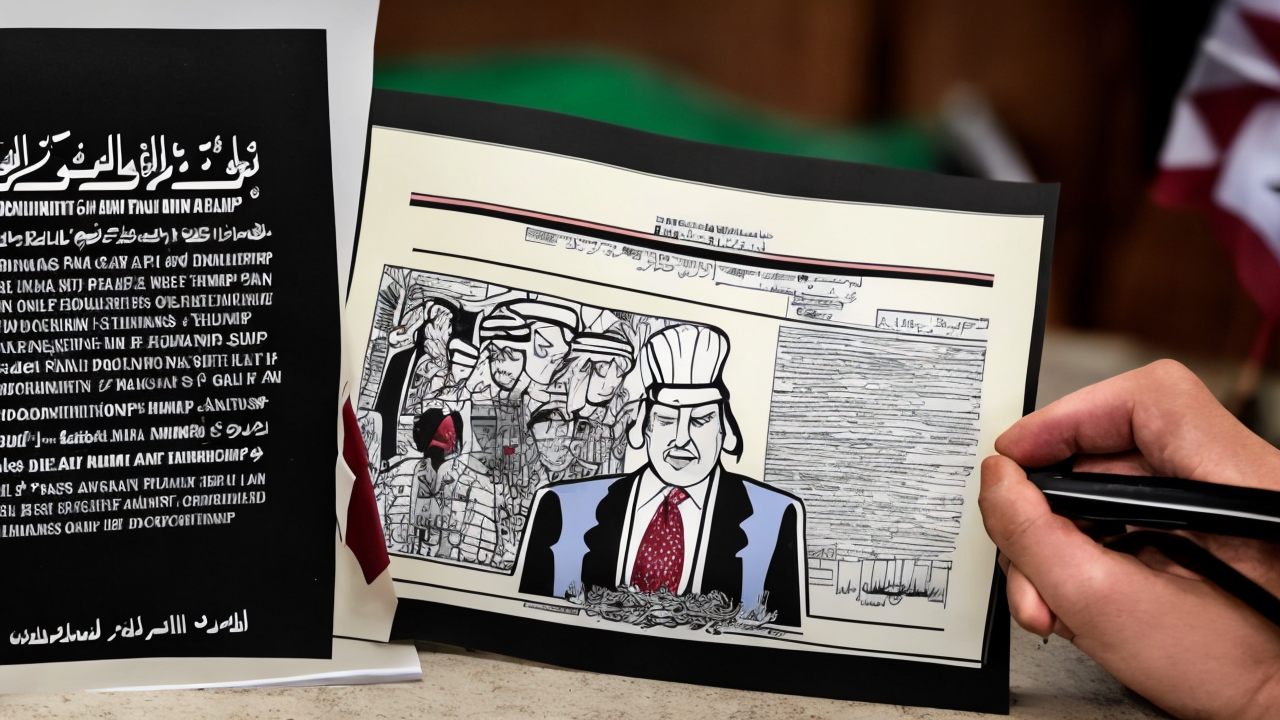Islamic Jihad Ideology Fuels Global Conflicts: The Role of Qatar and Hamas

Islamic jihad theology and ideology play a significant role in modern global conflicts, particularly in the ongoing disputes over the Palestinian issue. Hardline Islamic states are unlikely to align with Israel or America's interests regarding the Palestinians, as emphasized by the Organization of Islamic Cooperation. The centrality of the Palestinian issue to the Muslim ummah underscores the ideological divide between Islamic states and Western nations. Qatar has emerged as a key player in these conflicts, providing substantial support to Hamas, a Muslim Brotherhood offshoot. Despite Qatar's influence within the United States, particularly on campuses, Western leaders have been reluctant to acknowledge this support openly. Documents found in Gaza reveal extensive coordination between Hamas and Qatar to counter Trump's peace plan. This collaboration has been crucial to Hamas's survival and its ability to carry out attacks, such as the 2023 onslaught in southern Israel. In a 2019 emergency meeting, Qatar's Emir Tamim bin Hamad bin Khalifa Al Thani discussed concerns over Trump's peace plans with Hamas leaders. Khaled Mashaal urged cooperation to resist the "deal of the century," highlighting the ideological opposition to normalization with Israel. The findings underscore the deep-rooted resistance to peace initiatives and the ongoing challenges in resolving conflicts in the region. Western leaders face significant pressure to address these issues while navigating the complexities of ideological and geopolitical tensions. The role of Islamic jihad theology continues to shape global conflicts, complicating efforts toward peace and stability.
Published: 6/10/2025
















